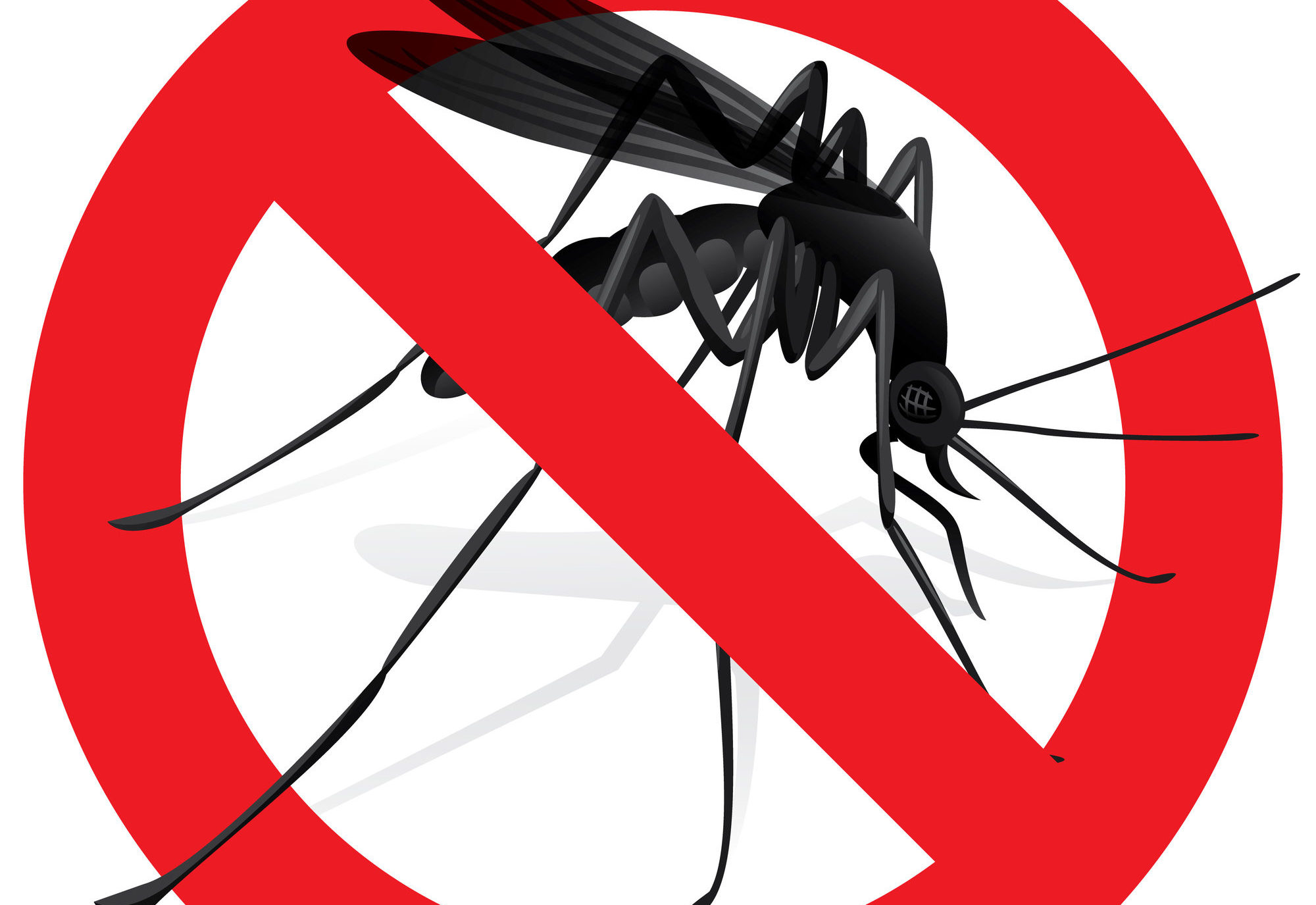Things You Should Know About Mosquito Control

Mosquitoes are not only annoying pests that disrupt our outdoor activities, but they also pose a significant health risk as carriers of various diseases. Effective mosquito control is crucial for maintaining a safe and comfortable environment. In this article, we will explore key aspects of mosquito control, providing valuable insights to help you protect yourself and your community.
Understanding Mosquito Life Cycle:
To implement effective mosquito control measures, it’s essential to understand their life cycle. Mosquitoes go through four stages: egg, larva, pupa, and adult. Identifying and targeting these stages can help break the mosquito breeding cycle.
Eliminating Standing Water:
Mosquitoes breed in stagnant water, making it imperative to eliminate potential breeding sites. Regularly inspect your surroundings for containers, gutters, flowerpots, or any other objects that can collect water. Ensure proper drainage and keep water features, such as birdbaths and ponds, clean.

Use of Mosquito Repellents:
Personal protection is crucial in mosquito-prone areas. Use mosquito repellents containing DEET, picaridin, or oil of lemon eucalyptus. Apply these repellents on exposed skin to minimize the risk of mosquito bites, especially during peak mosquito activity hours, typically dawn and dusk.
Employ Mosquito Traps:
Mosquito traps can be an effective tool in controlling mosquito populations. These devices attract and trap mosquitoes, disrupting their breeding cycle. Consider using traps that release carbon dioxide, heat, and moisture to mimic human breath, as this can be particularly enticing to mosquitoes.
Insecticide Spraying:
In areas with a high concentration of mosquitoes, local authorities may employ insecticide spraying. This method can be effective in reducing adult mosquito populations. However, it’s essential to use these chemicals responsibly to minimize environmental impact and potential harm to non-target species.

Natural Mosquito Control Methods:
Explore natural methods to control mosquitoes, such as introducing mosquito-eating fish like gambusia into standing water or planting mosquito-repelling plants like citronella, lavender, and marigolds around your home. These methods are eco-friendly alternatives to chemical solutions.
Regular Maintenance of Screens and Doors:
Ensure that your home is well-protected by installing and maintaining window screens and doors with no gaps or holes. This can prevent mosquitoes from entering your living spaces, providing a simple yet effective barrier against these pests.
Community Involvement:
Mosquito control is often more effective when communities work together. Collaborate with neighbors, local authorities, and health departments to implement comprehensive mosquito control programs. Sharing information and resources can contribute to a healthier and more mosquito-resistant environment.
Conclusion:
Taking proactive measures against mosquitoes is essential for the well-being of individuals and communities alike. By understanding mosquito biology, eliminating breeding sites, using repellents, and exploring various control methods, we can collectively reduce the impact of these disease-carrying pests. Embracing a combination of personal responsibility and community-wide efforts is key to successful mosquito control.

